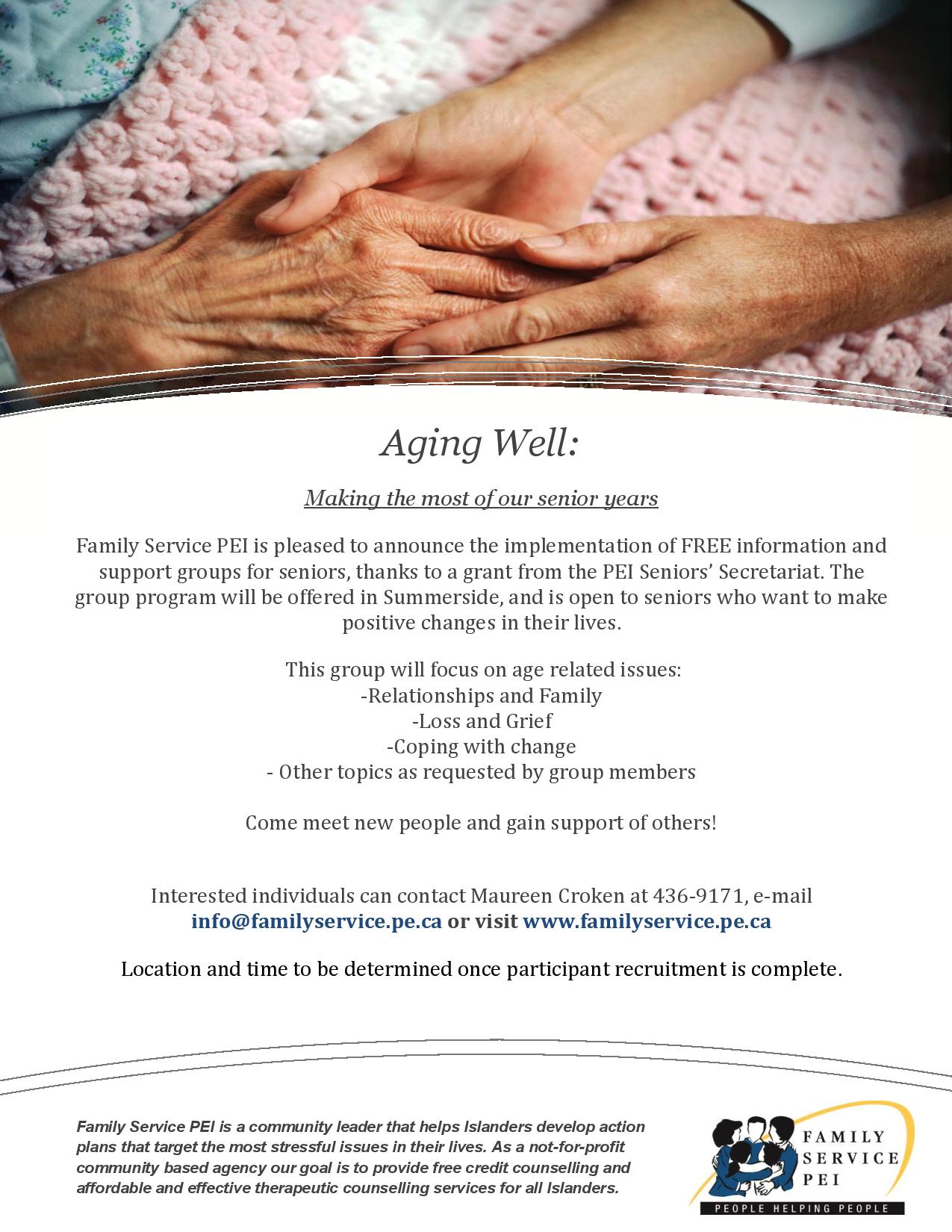
By: The Financial Planning Standards Council
Financial planners can help you plan for retirement, find the best way to finance a new home, save for your child’s education or simply help put your finances in order. Whatever your needs, working with an appropriately qualified financial planner is a crucial step in helping you meet short-term and long- term goals that will help ensure your future financial well-being.
Finding the right planner is extremely important because your choice will almost certainly affect the security of your financial future. The following questions will help you interview and evaluate financial planners to find a competent, qualified professional with whom you feel comfortable and whose business style suits your needs.
Don’t be afraid to ask these and any other questions you feel need a full and open answer. Any professional will welcome them.
- What are your qualifications?
- What experience do you have?
- What services do you offer?
- What is your approach to financial planning?
- Will you be the only person working with me?
- How will I pay for your services?
- How much do you typically charge?
- Could anyone besides me benefit from your recommendations?
- Are you regulated by any organization?
- Can I have it in writing?
1. What are your qualifications?
Many people offering financial services call themselves financial planners. However, financial planning is a detailed, comprehensive process requiring hands-on experience and a strong technical understanding of topics such as personal tax planning, insurance, investments, retirement planning and estate planning – and how a recommendation in one area can affect the others.
In addition, in Canadian provinces with the exception of Quebec, there is no legislated standard in place for those who call themselves financial planners to obtain any credentials whatsoever. Be sure that your planner is appropriately trained, certified and held accountable to professional oversight – as Certified Financial Planner® professionals are today.
Ask the planner about his/her qualifications to offer financial advice and if, in fact, s/he is a qualified planner.
Ask what training s/he has successfully completed.
Ask what steps s/he takes to keep up with changes and developments in the financial planning field.
Ask whether s/he holds any professional credentials including the CFP® credential, which is recognized internationally as the mark of the competent, ethical, professional financial planner.
2. What experience do you have?
Experience is an important consideration in choosing any professional. Ask how long the planner has been in practice, the number and types of firms with which s/he has been associated, and how their work experience relates to their current practice. Inquire about what experience the planner has in dealing with people in similar situations to yours and whether s/he has any specialized training. Choose a financial planner who has at least three years’ experience counselling individuals on their financial needs.
3. What services do you offer?
The services a financial planner offers will vary and depend on their credentials, registration, areas of expertise and the organization for which s/he works. Some planners offer financial planning advice on a range of topics but do not sell financial products. Others may provide advice only in specific areas such as estate planning or taxation. Those who sell financial products such as insurance, stocks, bonds and mutual funds, or who give investment advice, must be registered with provincial regulatory authorities and may have specialized designations in these areas of expertise.
4. What is your approach to financial planning?
The types of services a financial planner will provide vary from organization to organization. Some planners prefer to develop financial plans encompassing all of a client’s financial goals. Be sure to work with a planner who considers your overall financial goals, values and attitudes even where they may specialize in a specific area such as taxation, estate planning, insurance or investments. As an example, an investment specialist’s portfolio recommendations should consider your investment objectives and risk tolerance, but as well your cash flow needs, tax situation, risk management and estate goals. Ask whether the individual deals primarily with clients with specific net worth, levels of income or investable assets, and whether the planner will help you implement the plan s/he develops or refer you to others who will do so.
5. Will you be the only person working with me?
It is quite common for a financial planner to work with others in their organization to develop and implement financial planning recommendations. You may want to meet everyone who will be working with you. Financial planners often work with other professionals, including the ones you already use, such as your lawyer and accountant.
6. How will I pay for your services?
Your planner should disclose in writing how s/he will be paid for the services they will provide. Understand how your potential planner will be compensated and choose whatever model works best for you. Planners can be paid in several ways:
From the cost of the product: Some planners receive their compensation directly from the product manufacturer when you purchase a product through the planner, as part of the management fee of the fund for example. In this case no money is exchanged between the client and the planner. Rather, the cost to the client is embedded in the cost of the mutual fund.
Percentage of assets under management: Some planners will charge a fee as a percentage of the assets they are managing or administering on your behalf.
Fee-for-service: Some planners charge an hourly or set fee for the service they provide.
7. How much do you typically charge?
While the amount you pay the planner will depend on your particular needs, the financial planner should be able to provide you with an estimate of possible costs based on the work to be performed. Such costs would include the planner’s hourly rates or flat fees or the percentage s/he would receive as commission on products you may purchase as part of the financial planning recommendations
8. Could anyone besides me benefit from your recommendations?
Ask the planner – regardless of fee structure – if they have a written professional obligation to put your interests ahead of their own. For example, CFP professionals must attest to a code of ethics annually that clearly states that your interests will always come first.
9. Are you regulated by any organization?
Financial planners who sell financial products such as securities and insurance or who provide investment advice must be regulated by provincial regulatory authorities and may also subscribe to a code of ethics through a professional association. Others who are members of the accounting and legal professions are usually members of professional bodies that govern their fields. Planners who hold the CFP credential are subject to internationally recognized professional standards of competence, ethics, and practice set and enforced in Canada by Financial Planning Standards Council (FPSC®).
It is a fair question to ask if a prospective financial planner has ever been the subject of disciplinary action by any regulatory body or industry association. You can verify the answer by contacting the relevant organization. Ask the financial planner whether s/he subscribes to a professional code of ethics such as the FPSC Code of Ethics for CFP professionals..
10. Can I have it in writing?
Ask the planner to provide you with a written agreement that details the services that will be provided. Keep this document in your files for future reference.
Sourced from: http://www.fpsc.ca/10-questions-ask-your-planner#1
 From: Canadian Family Magazine
From: Canadian Family Magazine








